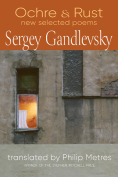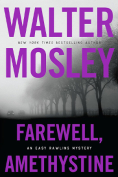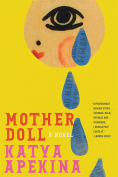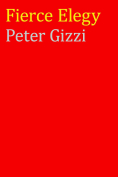A Cha Chaan Teng That Does Not Exist by Derek Chung
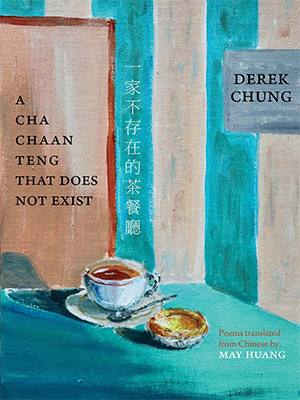 Brookline, Massachusetts. Zephyr Press. 2023. 112 pages.
Brookline, Massachusetts. Zephyr Press. 2023. 112 pages.
Derek Chung’s A Cha Chaan Teng That Does Not Exist is a collection of twenty-three poems that depict daily life and various cultures rooted in Hong Kong and track his hometown’s vicissitudes over the past two decades. The book’s titular poem explores hazy memories and the accompanying sense of disappearance due to the changes that have beset Hong Kong in the past two decades. A cha chaan teng is a diner and, in this case, one the author claims he would not even have recalled if it hadn’t shared a name with a coffin shop, underscoring the theme of loss.
Some poems in this collection display urban transformations and complex feelings through the metaphor of snacks. In “Pineapple Bun,” the process of bread baking is compared to urbanization, with old landmarks and landscapes rendered illegible in the process; while in “Milk Tea,” the sweetness of a child’s milk tea symbolizes the great joy that a new house brings; and, surprisingly, in “The Can,” a storm-beaten can full of fried dace (a fish) bears witness to a family’s bond and the unity of two generations.
Besides culinary culture in Hong Kong, Chung also touches on some pandemic events to enrich the historical context of the poems. “1:99” is set against the SARS outbreak in 2003 when “diluted bleach,” “wet wipes,” and “face mask” appear repeatedly, echoing the recent experience of Covid-19. Similarly, “Housework” recalls the bird flu in 2004, capturing how the speaker’s feelings for chickens develop from childhood to adulthood and unveiling the epiphany of love and sacrifice.
The poet uses iterative structures throughout the collection, enabling verses full of rhythmic beating and strong personal feelings. In the aforementioned “Homecoming,” the repetition of the onomatopoetic “Ah ah(-ing)” heightens the degree of intensity and tenacity of the poem. The repetitive phrase “No hitting” in “Bowrington Bridge” suggests the impotence of a piece of paper, suggesting human depression as time goes by. A similar sentiment is echoed by “No one cares” in “Chopsticks.” Likewise, in “The House,” the refrains of “The house is not mine” and “The house is mine” are used alternatively to illustrate the difficulties of owning a house in Hong Kong today. “Festival” and “Lanterns” also employ iterative sentences to amplify ordinary yet festive daily life.
This focus on daily things is a prominent feature in Chung’s poems such as “Floorboards,” “Fish Tree,” and “The Well.” There are vivid descriptions of mundane life and the cosmopolitan culture of Hong Kong, teeming with a touch of melancholy and nostalgia. Derek Chung, who is endowed with “poet’s eyes,” possesses sharp sensitivity and a rich imagination, resulting in a rich if idiosyncratic style that draws the reader into the Hong Kong of his imagination. (Editorial note: Huang’s translation of Chung’s poem “Festival” appeared in the Summer 2021 issue of WLT.)
Chen Hui
Nanjing Normal University

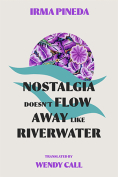

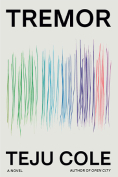
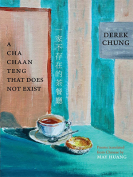

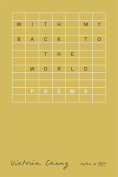
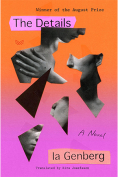
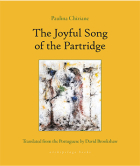
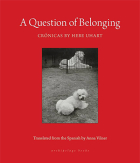
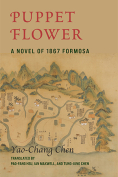
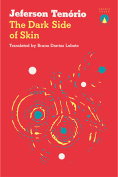
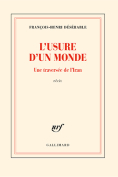
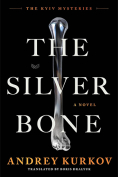
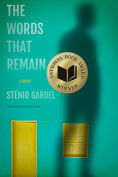
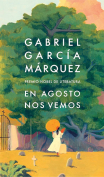
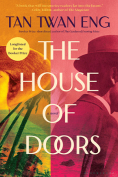
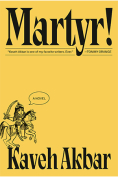

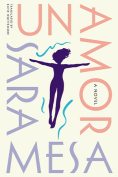
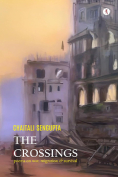
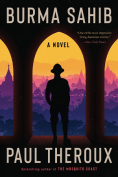
![The cover to [...] by Fady Joudah](/sites/worldliteraturetoday.org/files/styles/backissue_small/public/Joudah.jpg?itok=HZO1_68A)
